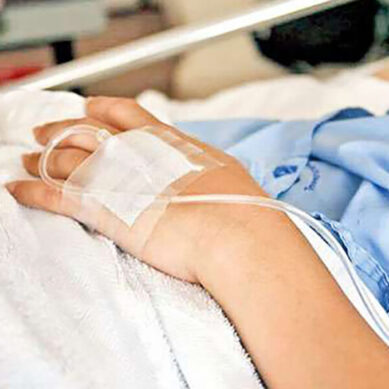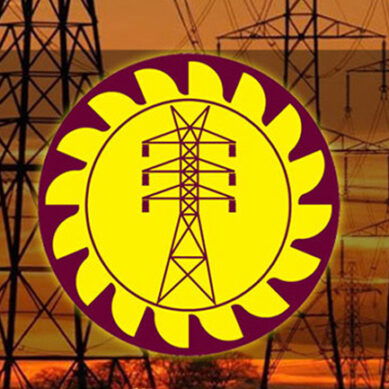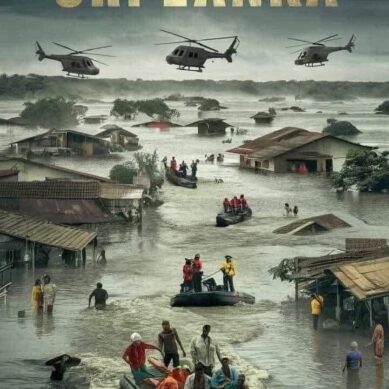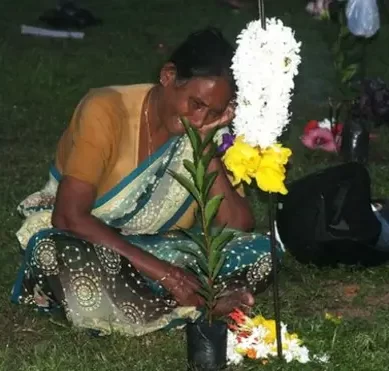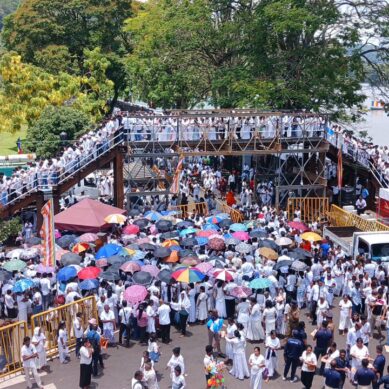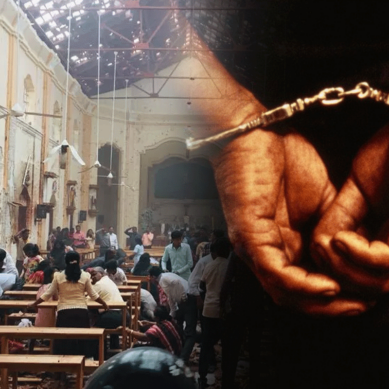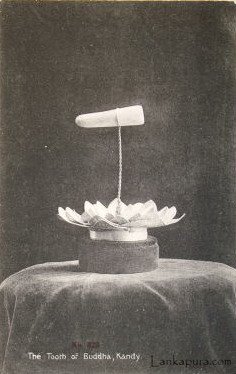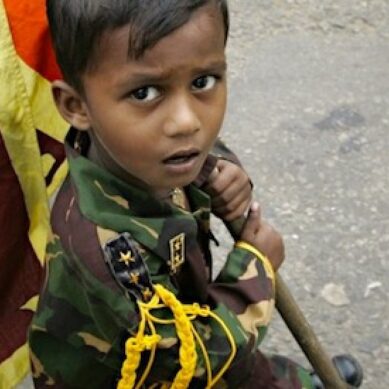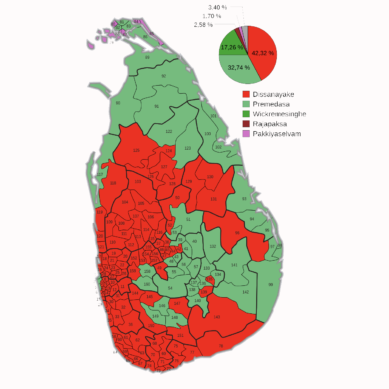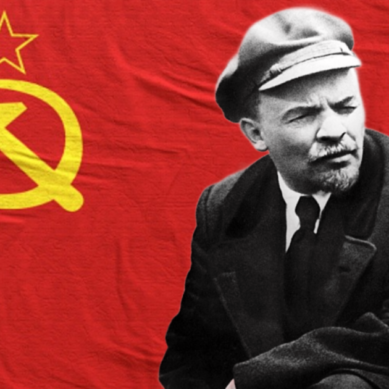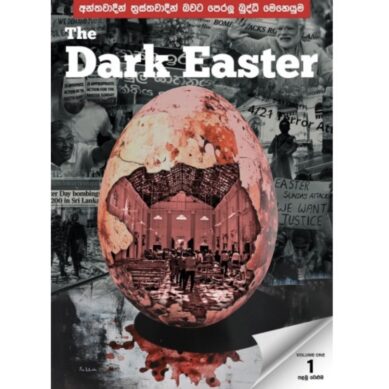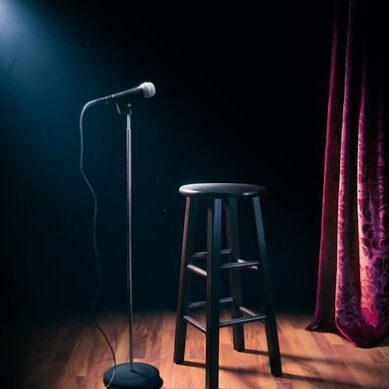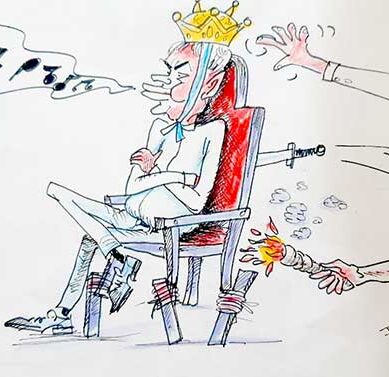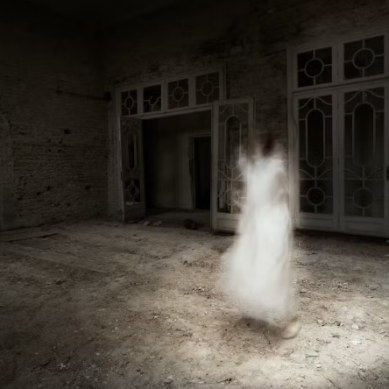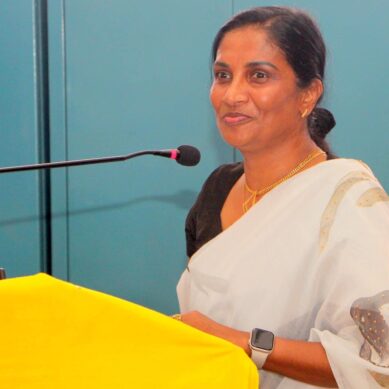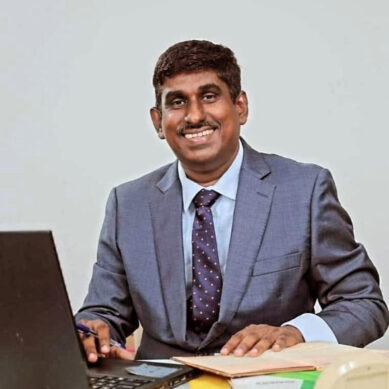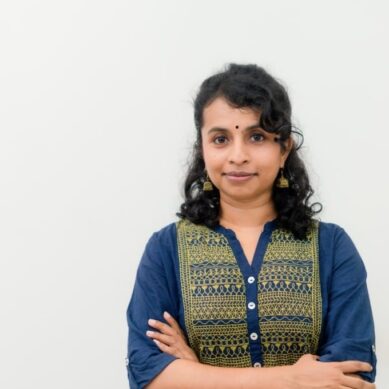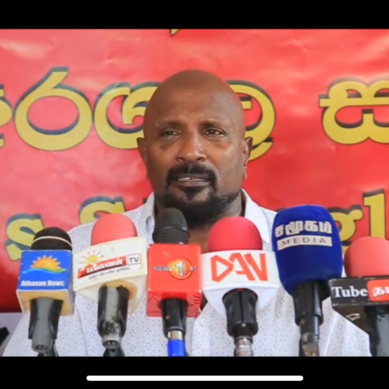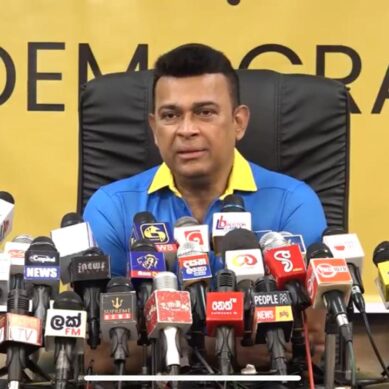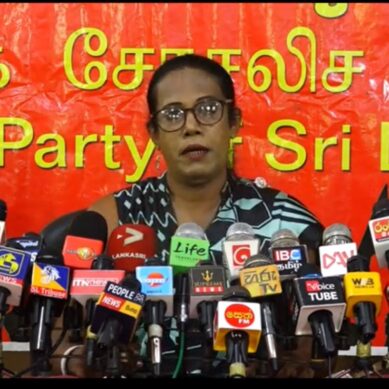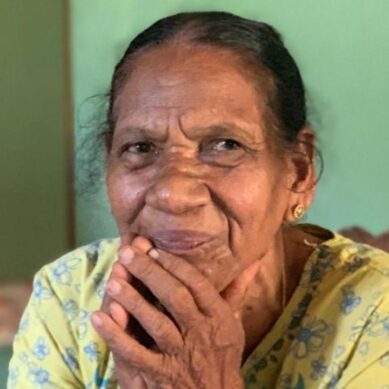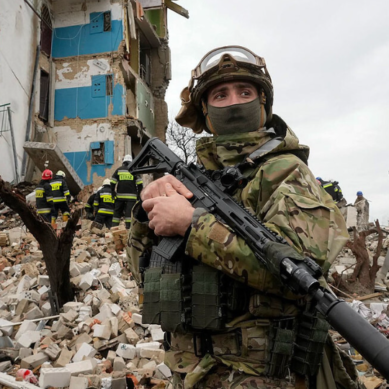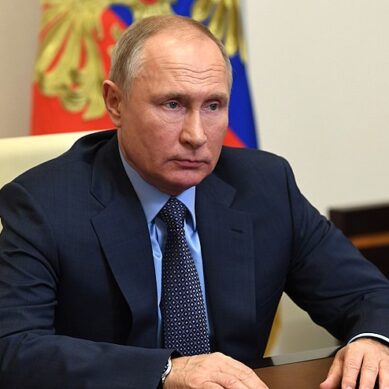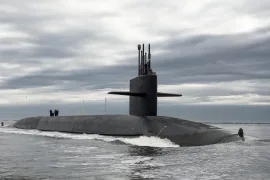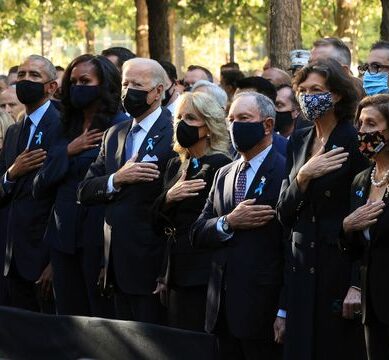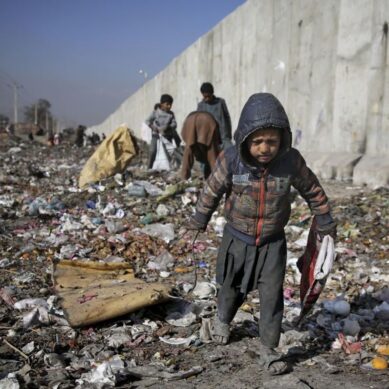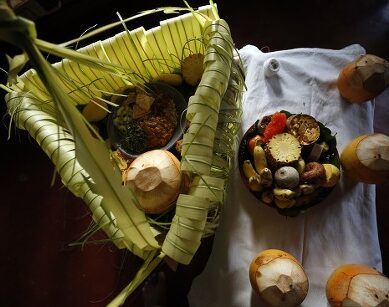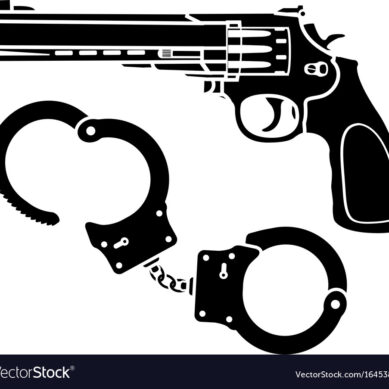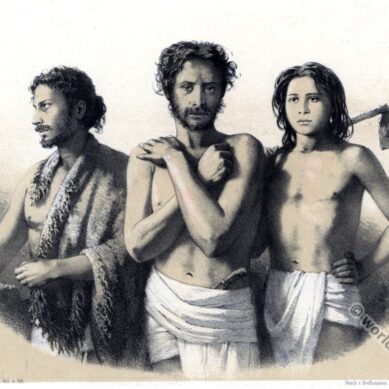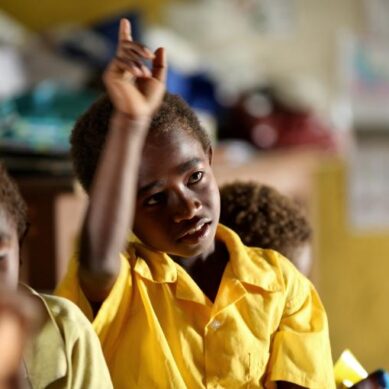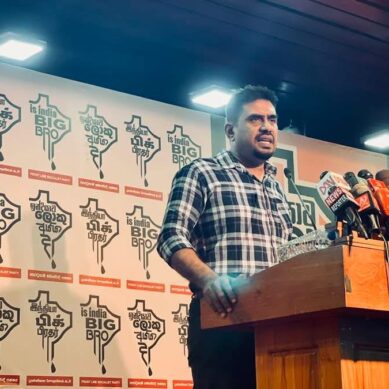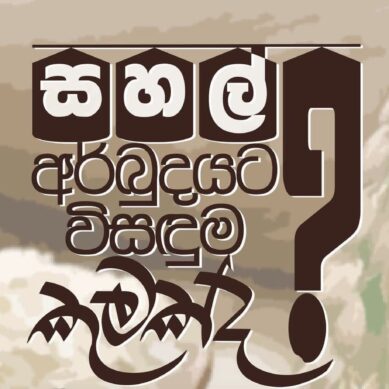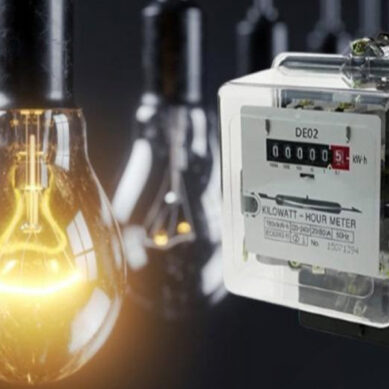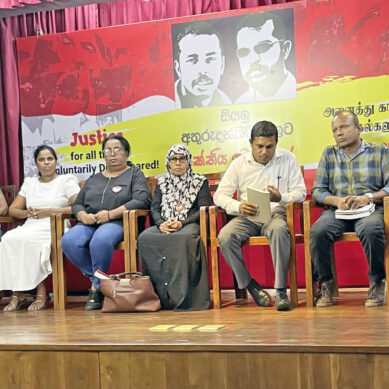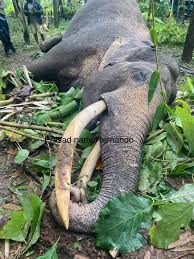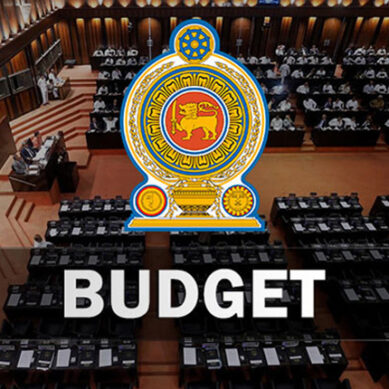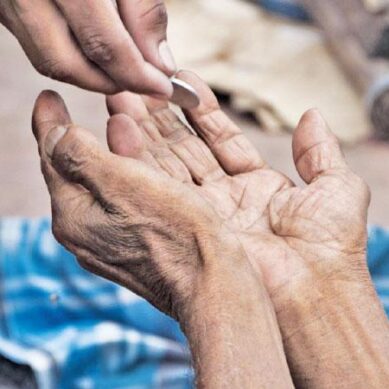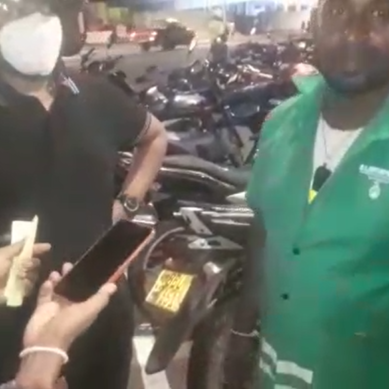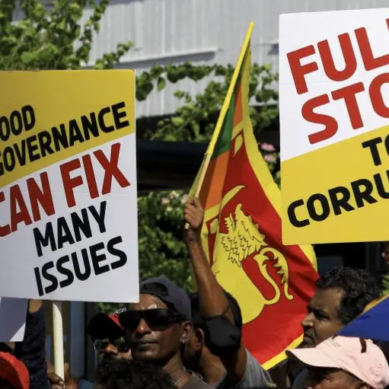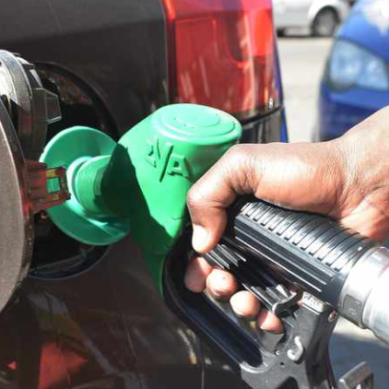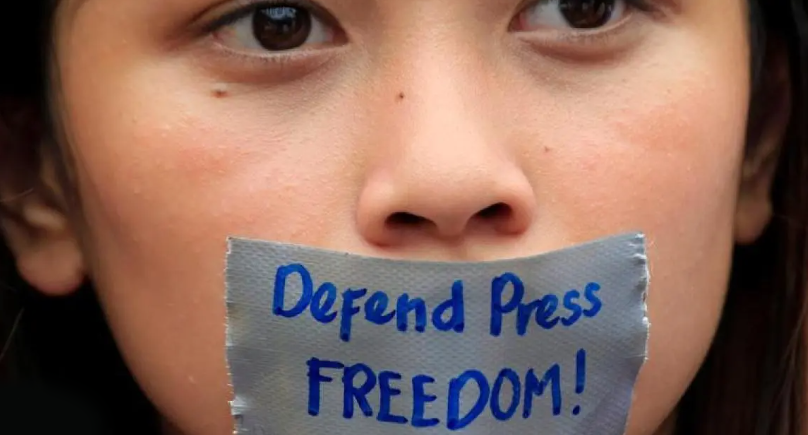
“Freedom of media is paramount to democracy in Sri Lanka,”
This is what President Ranil Wickramasinghe stated when asked to comment on the News 1st journalists who were severely injured at the hands of armed forces.
What democracy and freedom of media is he referring to?
The Sri Lanka many journalists have worked in, has never made them feel free to express their thoughts and opinions. They’ve never felt safe to publish with their real names, opting for pseudonyms. They’ve never felt safe calling out the wrongdoings of powerful politicians, businessmen and of course thugs. Is this what ‘freedom of press’ looks like in Sri Lanka?
There are 30 plus cases of unresolved deaths of journalists and media workers since the Rajapaksa government was formed. Out of 34 deaths, there was a range of Muslim, Sinhala and Tamil journalist deaths, however the vast majority was within the Tamil community.
Lasantha Wickrematunge’s death was one of the last recorded, unresolved deaths of a journalist. He exposed a corrupt arms deal Gotabhaya Rajapaksa had signed. He was scheduled to give evidence before a judge but was shot dead a few days prior. While the case remains unresolved, the alleged perpetrators continued to live a life of luxury in the Presidential Palace itself.
The Rajapaksa’s have allegedly sent military death squads to attack journalists and media workers during their time in power. While they deny these allegations, it’s hard to ignore the fact that the most unresolved journalist deaths occurred during their administration. While they’ve not been found guilty for any of these deaths, they are guilty of inciting hatred and violence towards the press.
With the Rajapaksas’ no longer wielding Presidential power, Ranil Wickramasinghe has come into rule. From his first day as President, he has been oppressing the media and worse, impinging on many of our fundamental human rights. Our right to free speech, our right to protest and our right to protection from violence and inhumane treatment. He, without justification, initiated attacks on peaceful protestors by using tear gas and high pressure water hoses. Divesa’s very own foreign correspondents were subject to these unwarranted attacks.
Adding to the issue of journalists not feeling safe to write freely and honestly, are the external influences on media. Media bias, whether the TV channels and newspapers are government or privately owned, is inevitable in Sri Lanka. The government news channels won’t expose government corruption. Privately owned media channels won’t expose or investigate stories that will impact their political and financial support. Then there are other international media channels that provide their interpretation of Sri Lankan incidents from a Western lens, not fully understanding the cultural and social values within the nation.
While many media channels can be bias, there are some news channels that aim to be objective. Media is about expressing opinions, thoughts and exposing controversies and scandals. It’s about empowering the people and creating nationwide transparency. Unfortunately, Sri Lankan media workers don’t have this independence, and those who choose to rise up against this oppression, don’t live long enough to continue.
The question is, are we going to let this oppressive government silence us and strip us of our human rights? Or are we willing to step up, take back our humanity and become a voice for the voiceless?
~ Tharika Surandi ~
